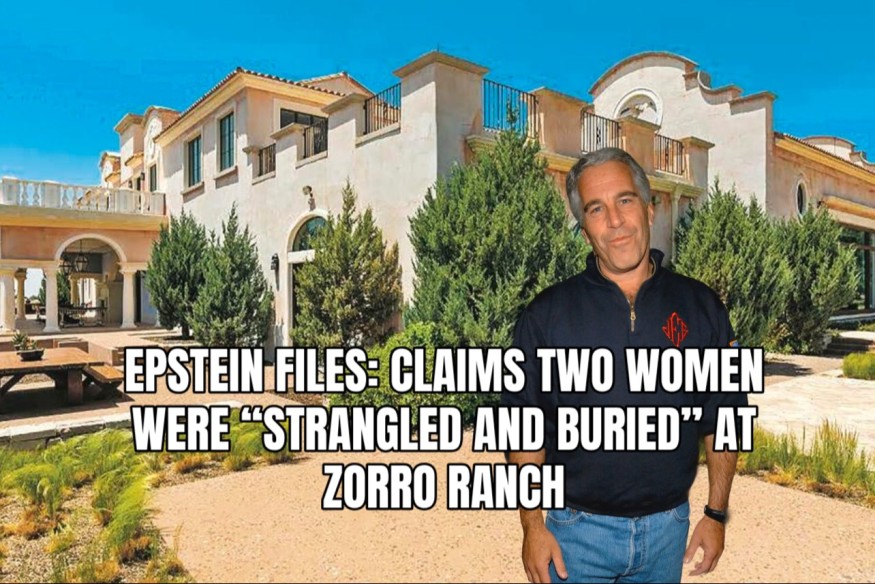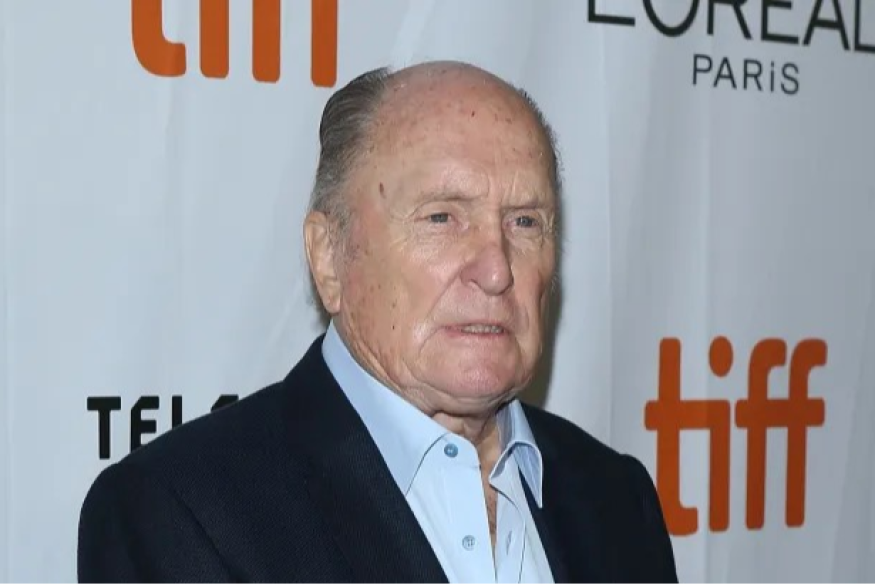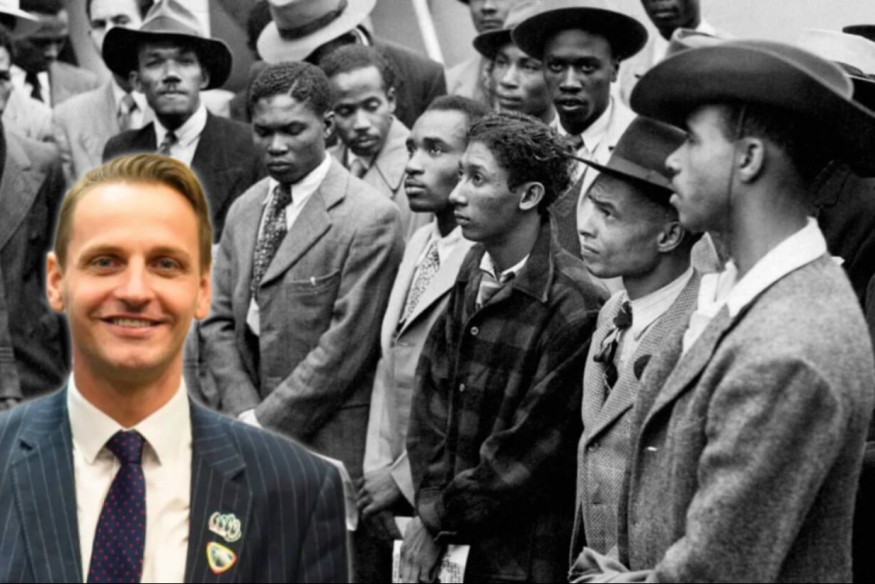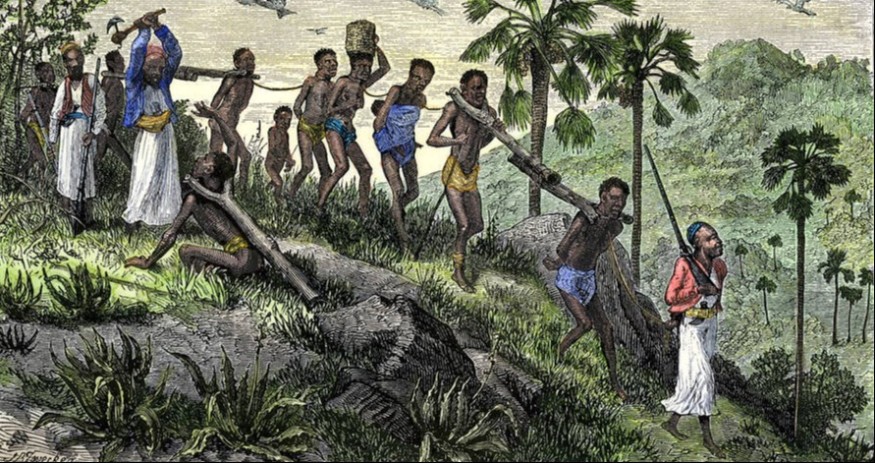
June 26, 2025
Kingston, Jamaica – in a historic move that could reshape the conversation around colonial legacy and justice, the Jamaican government has announced its intention to submit a formal petition to King Charles III, calling for reparations for the transatlantic slave trade.
The announcement, made by Culture Minister Olivia “Babsy” Grange during the 2025/26 Sectoral Debate in Parliament, signals a bold legal strategy to secure redress for centuries of enslavement and exploitation endured by Africans and their descendants in Jamaica.
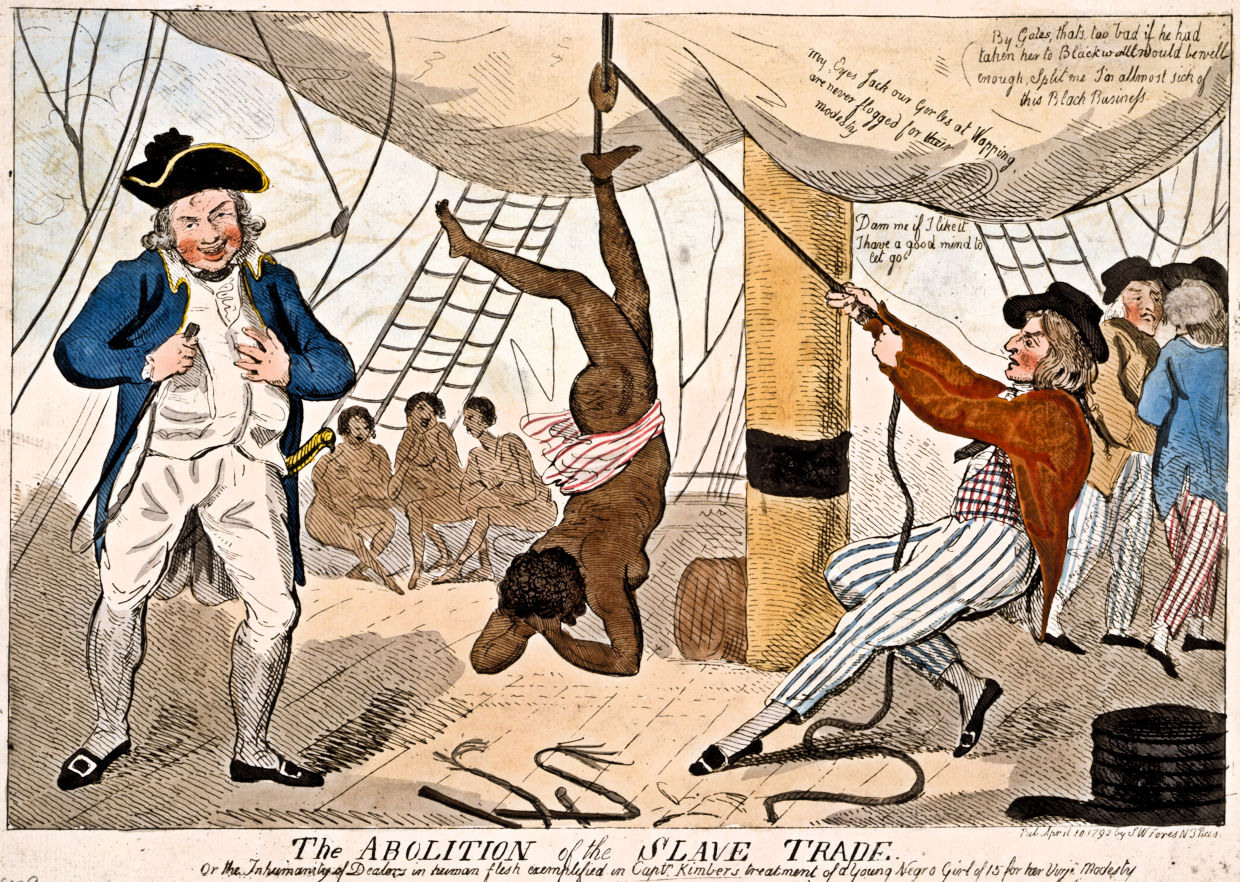
The petition seeks to have King Charles refer three urgent questions to Jamaica’s final appellate body, the Judicial Committee of the Privy Council. The questions include:
1. Whether the enslavement of Africans in Jamaica up to 1833 was ever lawful;
2. Whether these acts constituted crimes against humanity under international law; and
3. Whether the United Kingdom bears a legal obligation to provide reparations for its role in the system of slavery and its enduring legacy.
“This is not just a matter of political symbolism,” Grange stated. “It is a legal and moral imperative that we pursue justice for the crimes of the past which continue to shape the social and economic inequalities of today.”
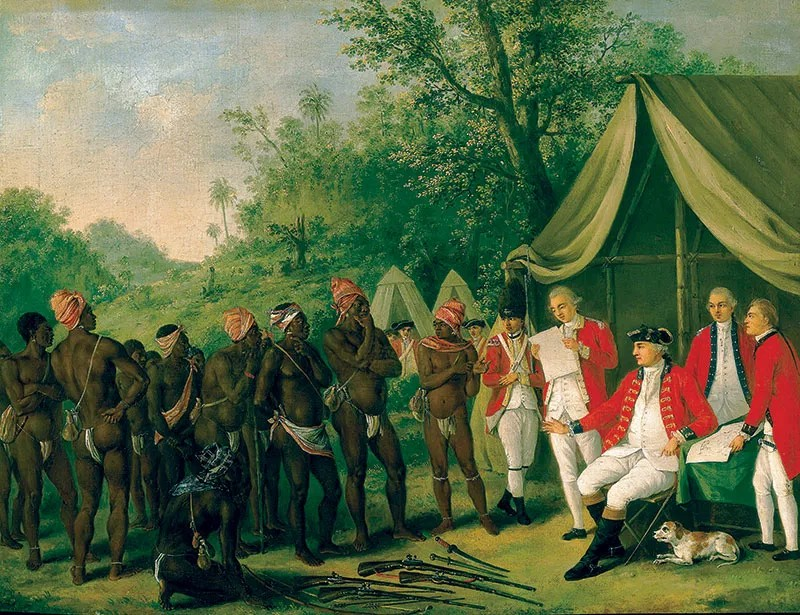 Pacification with Maroons on the Island of Jamaica, by Agostino Runias (1728-96).
Pacification with Maroons on the Island of Jamaica, by Agostino Runias (1728-96).
The government has instructed the Attorney General to prepare the filing before Jamaica transitions to a republic — a move that would sever formal ties with the British monarchy. This legal initiative runs parallel to ongoing diplomatic negotiations with the British government and the royal household.
Inspired by historical legal figures like Olaudah Equiano and Lourenzo Mendonza, the petition invokes a centuries-old tradition of resistance through law. It comes amid growing international momentum for former colonial powers to confront their histories of racial violence and economic exploitation.
The petition is expected to reignite global debates over historical accountability, with Jamaica positioning itself at the forefront of the reparations movement.


